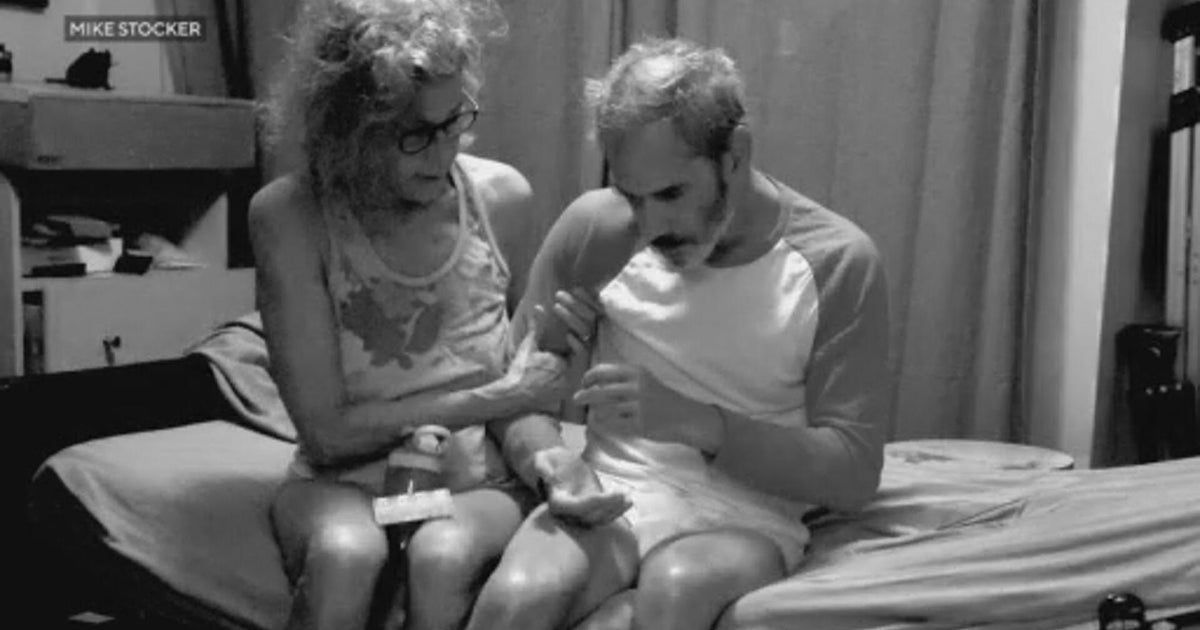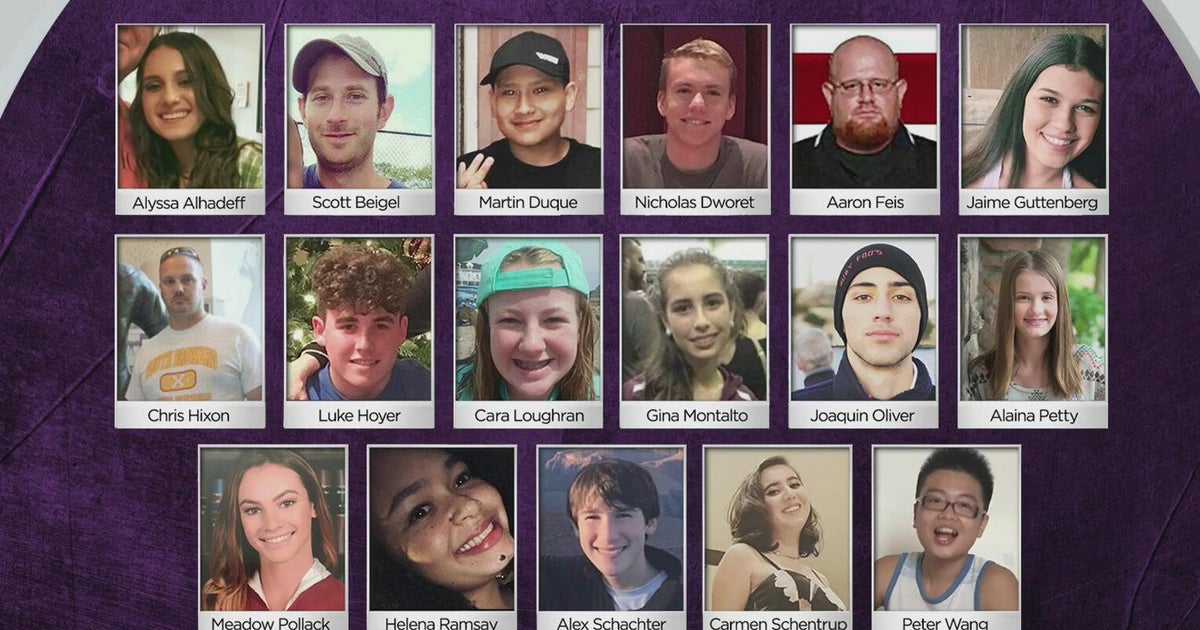Ask any caregiver, and they will tell you life is stressful taking care of someone with Parkinson’s disease.
CBS News Miami showed you that with Susan Stocker and Jeff Lee’s stories.
Studies showed some 60% of caregivers experience symptoms of burnout, which includes extreme fatigue, frustration and anger, and cloudy or foggy thinking.
To help ease some of the mental strain of caregiving, both Stocker and Lee looked for help with taking care of their loved ones.
An emotional rollercoaster
As a retired nurse of 40 years, Lee knows he needs a break.
“I’ve had people, professional people that I know, say, ‘Oh, you gotta take care of yourself, Jeff. You’ve got to first take care of yourself,'” he said. “And I would think to myself, ‘Okay, I understand that, but how am I gonna do that?’ I can’t leave. I have to be here.”
He’s a full-time caregiver to Roger Miller, his partner of 34 years. It’s not easy.
“You find yourself getting exhausted, sometimes resentful,” he said. “And you go through periods of anger, periods of depression.”
When we asked Lee about his way to carve out time for himself, he said: “Oh, it’s very little, the spelling bee in the New York Times, so when I have a chance, and sit and do it with the iPad. Then I run the dog out for 15 minutes, four times a day, but that’s about it.”
Lee found it helpful to be candid and open with Miller.
“He has sat and listened to me cry because we’ve always shared. I share what’s on my mind,” he said. “He sat and listened to me weep and understood it. But we didn’t have any solutions to correct the issues.”
We asked Miller what he says to make it better. His response:
“I love you,” Miller said. “That makes it all better.”
Miller and Lee realized they needed help, especially after Miller broke his hip for the first time when he fell in October.
“I really wanted to have some respite, someone who could come knowledgeable and skilled, somebody who could watch over him so I could run to the grocery store, get a haircut, any small thing,” Lee said. “That’s what I tried, but so far it hasn’t happened.”
Then, after months of recovery, Miller fell and broke his hip again.
After the first fall, Jeff spoke to a social worker. He couldn’t qualify for free service, but he could get help with a discount.
“We got approved for the care in January, for respite care and then also approved for any care that Roger might need that I might need that I may not be able to provide,” he said.
Excited at first, now they’re still on a waitlist.
“You go through periods of anger, you go through periods of frustration. But in terms of that failure to get assistance, I’ve moved on beyond that. But I do feel anger for others,” he said.
A long, long process
Stocker knows, too, how important it is to take care of yourself and the difficulties of finding help.
After five months of living with his sister and brother-in-law, Robert Gardner is moving into an assisted living facility, but it took a lot to get to this point.
“So when I first went into helping my brother out, you know, I was all gung ho and you know, ‘I’m gonna do this and I’m gonna find you the right doctors and I’m gonna find you the right programs to be in,” Stocker said. “That didn’t last very long, when you really get into the thick of it, and it’s 24/7 for weeks. And then months at a time.”
After months of research and applications, Stocker got Gardner approved for Medicaid.
“It doesn’t happen overnight,” she said. “A lot of time on the phone, a lot of time online, a lot of research, and he just got approved about 2 weeks ago and I started putting those applications back in October. It’s pretty daunting.”
That opened up some funding for an assisted living facility. Stocker began looking but it wasn’t easy. However, she found a place they both liked — but it’s not living with family.
“Other parts, you know, in, in other places in the world, I mean, you just take care of grandma, you know, you don’t just dump her in a home,” Gardner said.
“Do you feel like I’m dumping you? Because I worry about that,” Stocker asked Gardner.
“No, not at all,” he said with a grin. “No, I, I’m looking forward to being dumped.”
“See what I mean?” Stocker laughed. “He’s the optimist.”
Gardner’s in his new place. For Stocker, it was tough leaving him.
“When I got in the car to leave, I just lost it. I was bawling my eyes out,” she said. “It felt exactly like how it felt when I dropped my kids off at kindergarten, and you’re just running through your mind of like, is he gonna be okay?”
Even though Gardner’s not in Stocker’s home anymore, that doesn’t stop her from worrying.
“I worry about getting his meds on time,” she said. “I worry about the people who work at the ALF and if they’re being nice to him, if they’re treating him well.”



